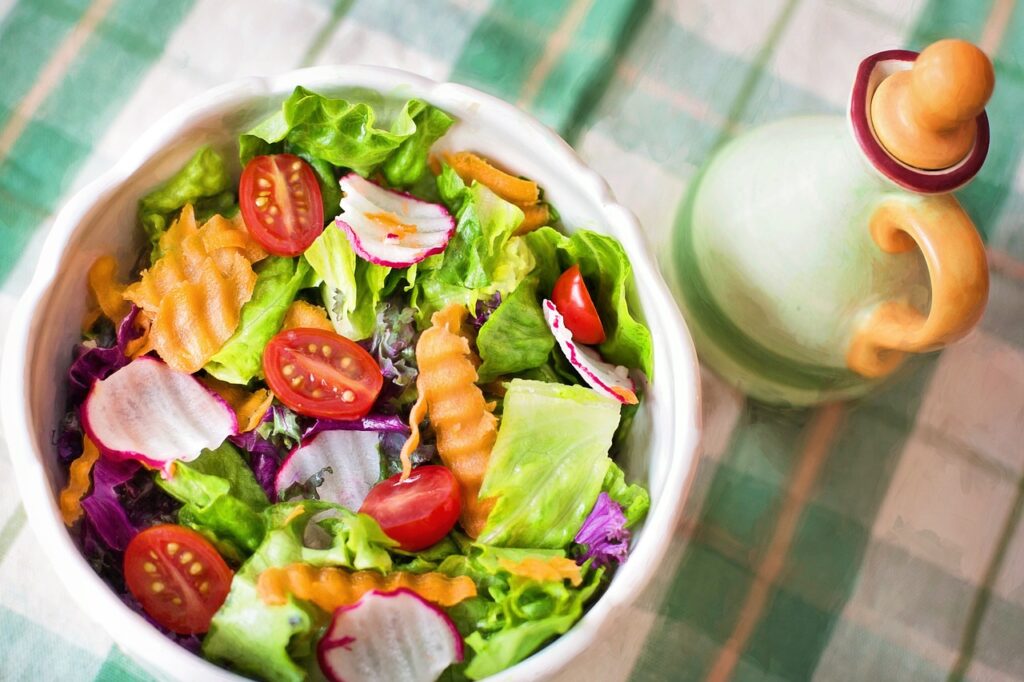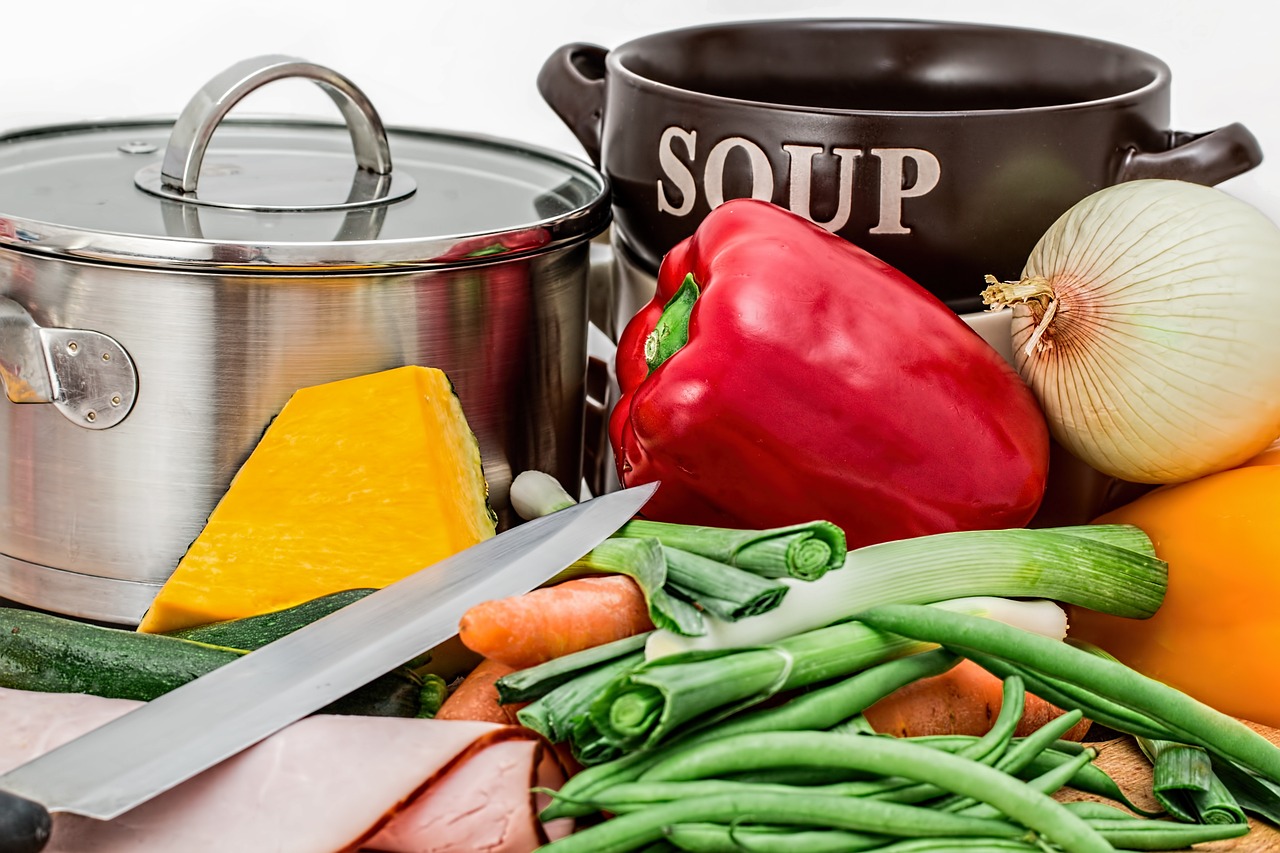Osteoporosis diet

Osteoporosis is a condition in which bones become weak and brittle. This increases the risk of fractures, especially in the hip, spine and wrist. While there is no sure cure for osteoporosis, a healthy diet plays an important role in strengthening bones and slowing down bone loss.
Essential Nutrients for Osteoporosis:
Calcium: It is the main component of bones. Calcium is found in abundance in dairy products (milk, yogurt, cheese), green leafy vegetables (spinach, kale), almonds, sesame seeds and fortified foods. Adults need about 1000-1200 mg of calcium daily.
Vitamin D: It helps the body absorb calcium. Sunlight is the best source of vitamin D. Vitamin D is also found in oily fish (salmon, mackerel), egg yolks and fortified foods. Adults need 600-800 IU (international units) of vitamin D daily.
Protein: It is essential for bone building and repair. Meat, fish, poultry, eggs, dairy products, legumes (pulses, beans) and nuts are good sources of protein.
Vitamin K: It is important for bone health and helps calcium to be stored in the bones. Green leafy vegetables, broccoli and cauliflower are good sources of vitamin K.
Magnesium: It helps maintain bone density. Nuts, seeds, green leafy vegetables and whole grains are good sources of magnesium.
Phosphorus: It works with calcium to make bones stronger. Dairy products, meat, fish, eggs and nuts are good sources of phosphorus.
What to eat in osteoporosis:
Dairy products: Milk, yogurt and cheese are excellent sources of calcium.
Green leafy vegetables: Spinach, kale and other green vegetables are rich in calcium, vitamin K and other important nutrients.
Oily fish: Salmon, mackerel and sardines contain vitamin D and omega-3 fatty acids, which are beneficial for bone health.
Fortified foods: Some cereals, juices and dairy products contain added calcium and vitamin D.
Nuts and seeds: Almonds, chia seeds and sesame seeds are good sources of calcium, magnesium and other minerals.
Fruits and vegetables: A variety of fruits and vegetables are rich in vitamins and minerals that contribute to bone health.
What not to eat in osteoporosis:
Excessive salt: High sodium intake can increase calcium excretion from the body.
Excessive caffeine: Caffeinated beverages such as coffee and soda can reduce calcium absorption.
Excessive alcohol: Excessive alcohol consumption can increase bone loss.
High-protein foods (in moderation): While protein is essential, too much protein intake can increase calcium excretion from the body.
Oxalate-rich foods (in moderation): Foods such as spinach and rhubarb contain oxalate, which can inhibit calcium absorption. Consume these in moderation.
Other important things:
Regular exercise: Weight-bearing exercises and balance exercises help strengthen bones and reduce the risk of falls.
Avoid smoking and excessive alcohol: These habits are harmful to bone health.
Fall prevention: People with osteoporosis are at a higher risk of fractures, so make the home safe and take precautions to avoid falls.
Consult a doctor: It is important to consult a doctor to manage osteoporosis. They can help create a diet and treatment plan according to your individual needs.
